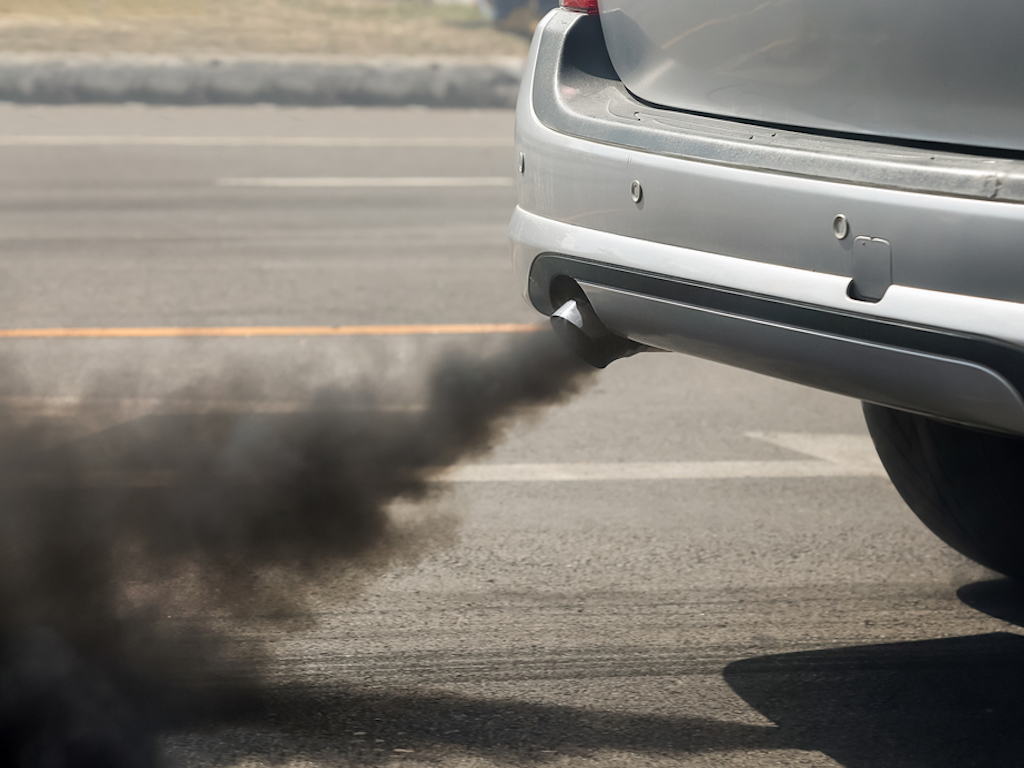3 Mins Read
For the first time, new research evidence is showing a link between air pollution nanoparticles and brain cancer. The study, published in the journal Epidemiology, is among the slew of new scientific research coming out showcasing the toxic and damaging health impacts of air pollution. These findings are especially relevant to major landmarks in Asia, such as New Delhi, Singapore, Beijing and Hong Kong – cities that have battled poor air and smog for the past few months. Amid the recent wave of concern, Indian and other Asian authorities are putting in place measures to try and fight the air pollution crisis.
A new study conducted by a group of experts in Canada has just found that an increase in pollution exposure of 10,000 nanoparticles per cubic centimeter is associated with one additional case of brain cancer in every 100,000. This means that as small a difference in air quality between a quiet city street to a busy road can increase the risk of brain cancer by more than 10%. These results mark the first ever findings that have established an association between the nano or “ultra-fine particles” (UFPs), which are generated through fuel burning by diesel cars, and the rare and deadly form of cancer.
The study analysed the medical records and pollution exposure of 1.9 million Canadians between 1991 to 2016, one of the largest studies on the issue to date. It follows previous pilot studies that have found that nanoparticles are so small that they carry carcinogenic toxins into the brain, and another 2019 comprehensive global review study that found that air pollution could damage virtually every cell in the human body. According to the World Health Organisation (WHO), air pollution counts as a “silent public health emergency” that affects more than 90% of the global population.
READ: 8 Key Facts On Air Pollution In Hong Kong
To try and put into perspective the significance of these conclusions, lead author of the study Scott Weichenthal from McGill University said: “When you multiply these small risks by lots of people, all of a sudden there can be lots of cases. In a large city, it could be a meaningful number, particularly given the fact that these tumours are often fatal.”
Particularly as many major Asian cities have been battling poor air quality in recent years with circumstances degrading sharply in recent months, these findings are a call to more governmental action to fight air pollution. Just last month, a study based in China found that maternal exposure to air pollution is associated with an increased burden of fetal disease and “silent” miscarriages, prompting widespread criticism of the lack of action taken to fight the country’s dire air quality.
With record-breaking smog levels peaking in the Indian capital just last week, which prompted Delhi authorities to declare a “severe emergency”, the Indian government has now announced plans to switch to hydrogen-based fuel technology. Hydrogen fuel, which generates water as a byproduct, would decrease the production of these harmful nanoparticles. It has been increasingly adopted in China, Japan and Germany as a part of clean energy initiatives to tackle carbon emissions and air pollution.
On an individual level, while more comprehensive government-level regulations have yet to be implemented, we can take steps to try and reduce our exposure to air pollution. Weichenthal recommends avoiding heavily polluted streets when walking and cycling, for instance. In Hong Kong, the University of Science and Technology (HKUST) have developed an app aimed to help people make better informed decisions regarding their exposure to poor air in their daily routines. The app, called PRAISE-HK, provides real-time and predictive information based on air quality sensor and modelling data so users can choose routes that are less polluted or change plans for outdoor activities in advance.
Lead image courtesy of APCE.




